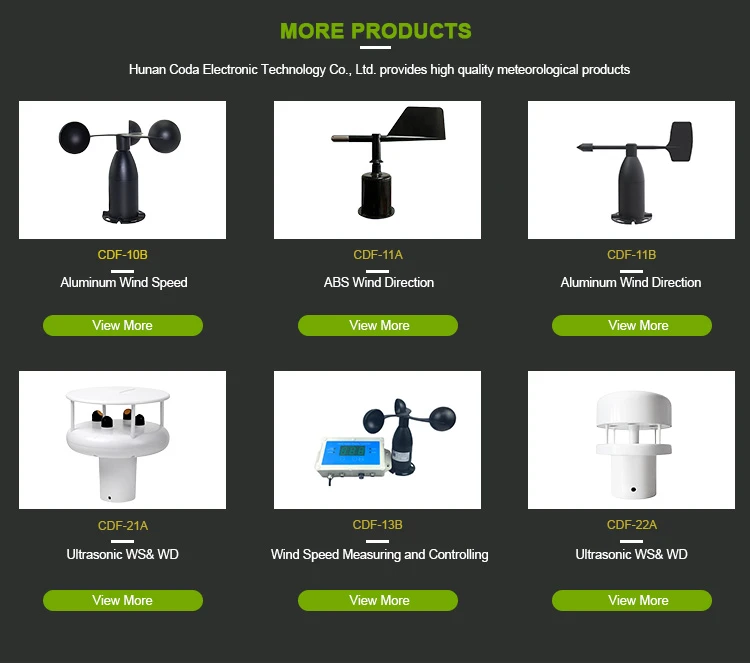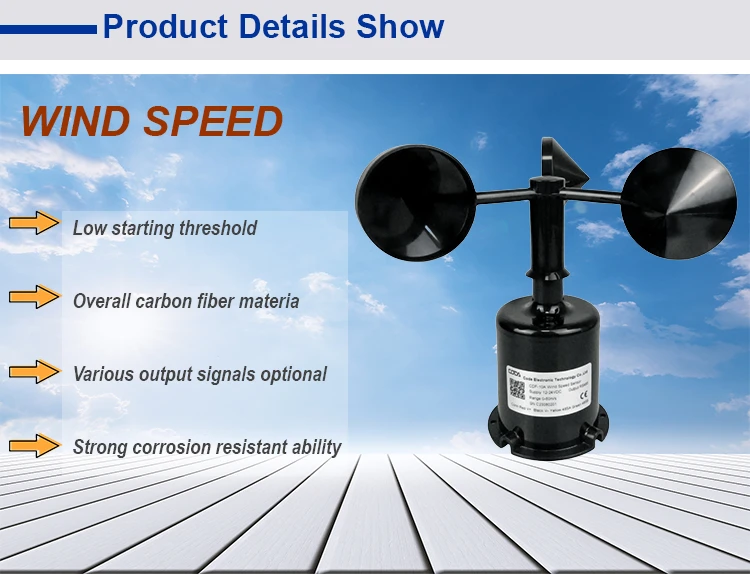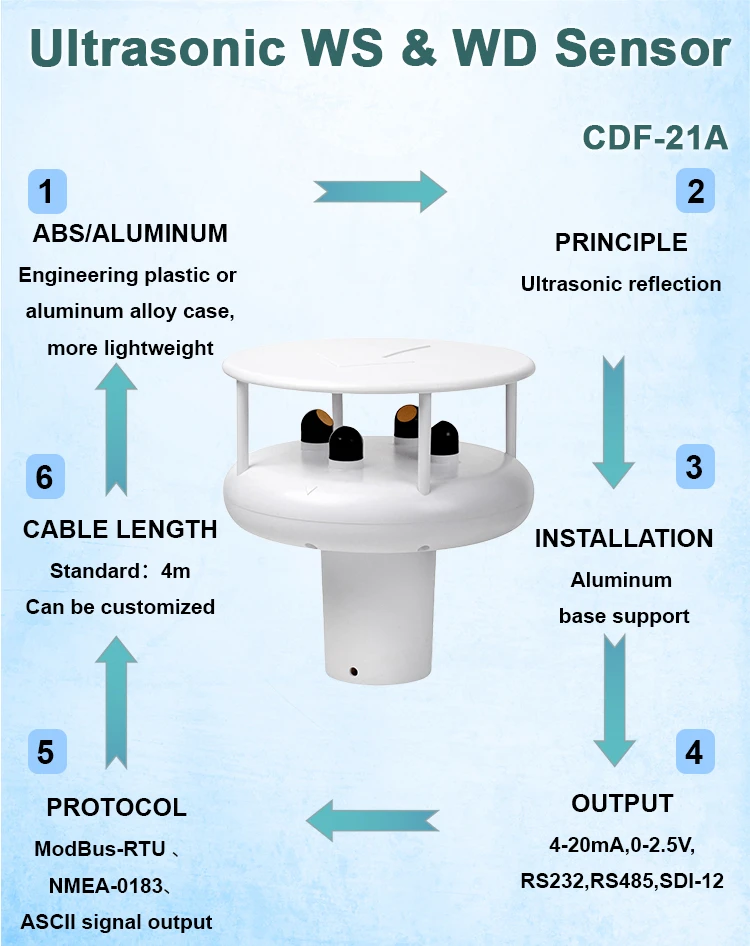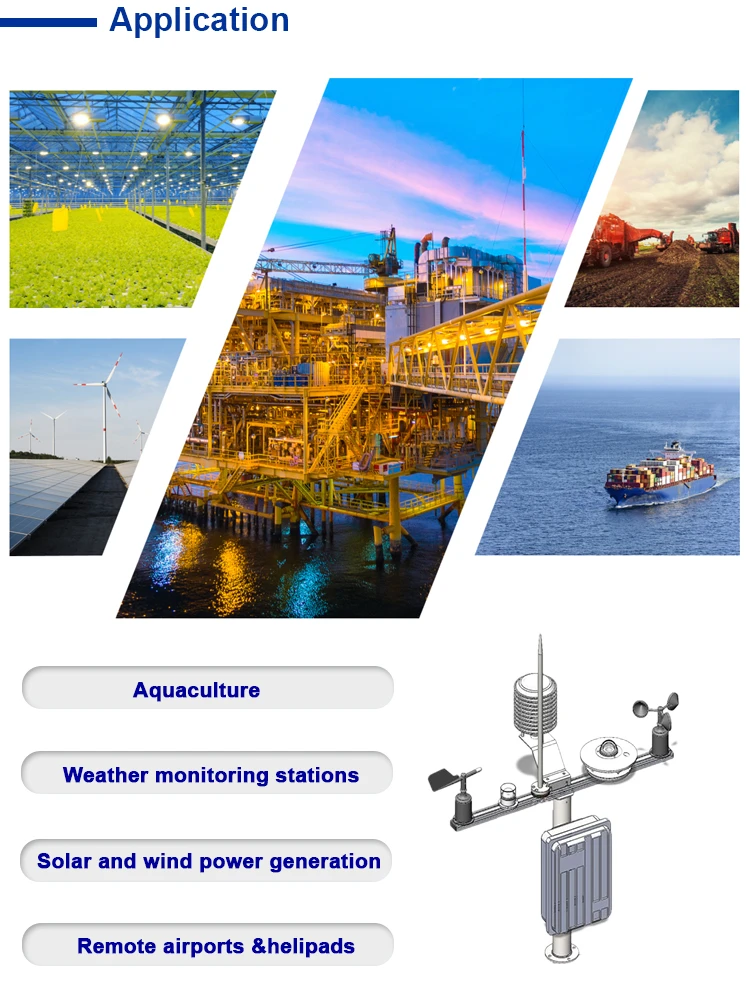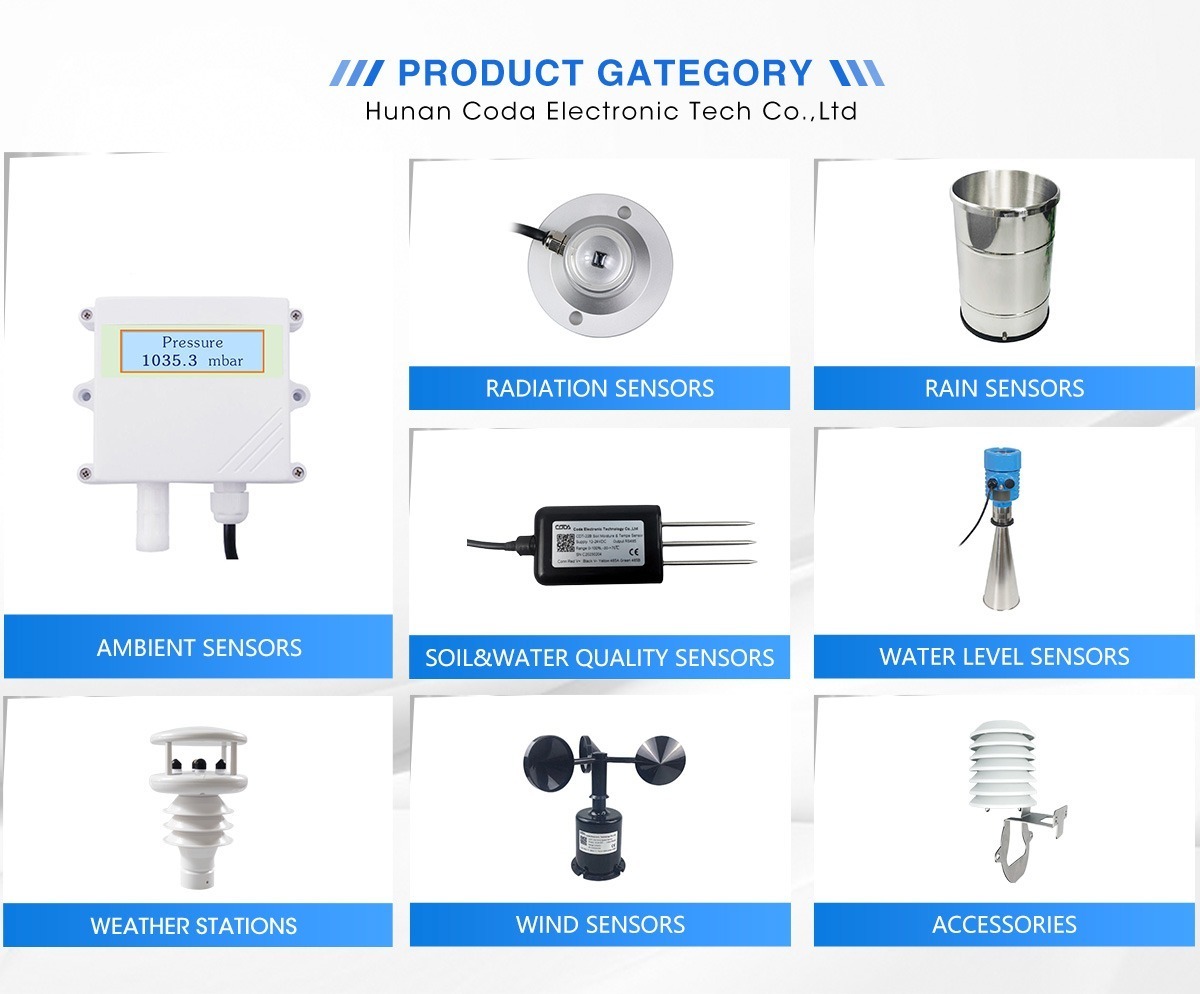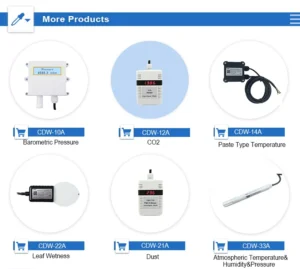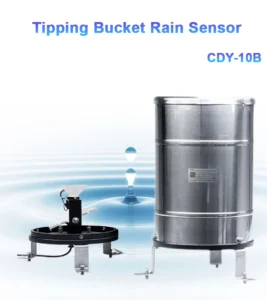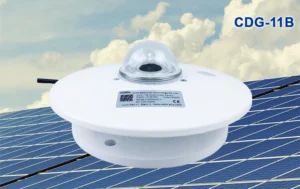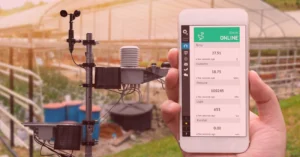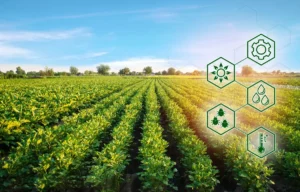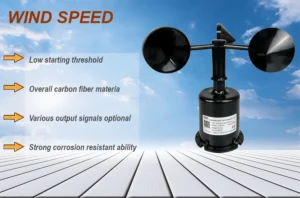What is anemometer sensor?
An anemometer is a tool used to measure wind speed and direction. It acts as a wind sensor. This device is important for weather scientists and wind energy experts.
They use it to check the wind. The word “anemometer” comes from the Greek word “anemos,” which means wind.
Anemometer sensors can be grouped by their design and how they work. The types include mechanical sensors, like propeller and wind cup sensors. Other types are hot air sensors, Pitot tube anemometers, and ultrasonic sensors, which use sound principles.
How anemometer sensors work:
1. **Propeller Type Anemometer Sensor**:
This sensor has three or four blades. The wind moves the blades to face its direction. When the wind blows on the blades, they spin. This happens because of the force from the wind.
The wind speed is connected to how fast the blades spin. This helps us make accurate calculations.
2. **Wind Cup Type Wind Speed Sensor**:
This cup anemometer measures wind speed. It has three or four cup-shaped moving parts. These parts are arranged at angles around a vertical axis.
As the wind hits these uneven cups, it makes them spin. Faster spins show that the wind is stronger.
The spinning motion changes into a wind speed measurement. This can happen mechanically or with electronic systems.
3. **Hot Air Wind Speed Sensors**:
These sensors measure wind speed by seeing how airflow cools a heated part. The temperature change in the heating element depends on how fast the air flows. This lets us find the wind speed by looking at the change in temperature.
4. **Ultrasonic Wind Speed Sensor**:
This sensor measures wind speed by using sound waves. It sends and receives ultrasonic signals to do this. Wind changes how these signals travel. This helps the sensor measure wind speed accurately, no matter the direction.
Each type of anemometer sensor has its own benefits. These benefits are good for different uses. When choosing a sensor, consider factors like measurement accuracy, environmental conditions, cost, and maintenance needs.
The main use of a wind cup anemometer is to measure wind speed. This is important for many uses.
1. **Weather science**:
This data helps predict weather patterns, understand storms, and provide accurate average wind speed and direction forecasts.
2. **Wind Energy**:
It is important to evaluate possible sites for wind turbines. This helps to place the turbines better and increase energy production.
3. **Engineering and Construction**:
It helps architects and engineers design buildings that can withstand local wind conditions by studying wind patterns.
4. **Environmental Monitoring**:
The study looks at how pollutants and other airborne particles spread. It helps with assessing their impact on the environment.
5. **Outdoor Sports and Recreation**:
Helps athletes in sailing and kiteboarding by giving them important weather safety information.
6. **Agriculture**:
Helps farmers keep track of conditions that impact crop growth and how machines work.
7. **Research**:
Used by scientists in fields like climate science and ecology to gather data on wind tunnel phenomena and patterns.
Anenometer can range from simple tools with spinning cups to advanced electronic sensors. These sensors use methods like ultrasound, hot wire anemometers work, or cups to measuring the speed accurately.
They may also have wind vane direction sensors. In some cases, they can be part of a weather station that provides a full range of environmental data.
